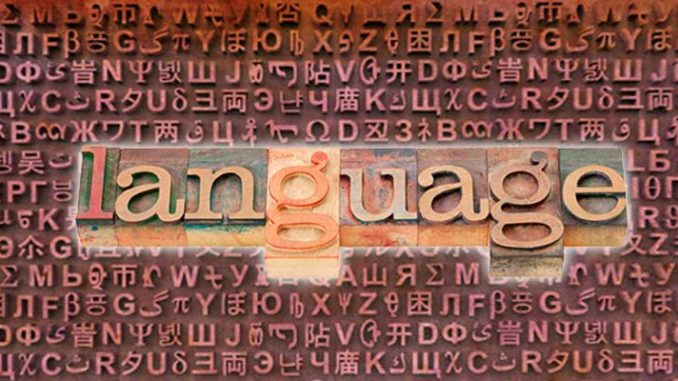
This essay on Pantayong Pananaw (“From Us for Us” Perspective; PP) aims to give a preliminary overview of what may yet turn out to be one of the most influential and controversial trends in the history of the Philippine social sciences. PP began in the late 1970s as an “indigenizing” movement among a core of Filipino historians led by Zeus A. Salazar at the University of the Philippines. Originally formulated as a departure from both the earlier pro-American and the opposing nationalist traditions in Philippine historiography which were the dominant paradigms from the 1950s to the 1970s, PP has since then gradually exerted a twofold philosophical and methodological influence upon the other disciplines in the social sciences and humanities. As an integral aspect of its culture-centered indigenizing imperative, the practitioners of PP use Filipino, the national language, as the primary medium of their writings.
This essay does not attempt a straightforward exposition of PP, but is instead an effort to outline some of the major methodological debates relevant to PP, while hoping to show its theoretical and practical superiority over other “indigenizing” trends in the Philippine social sciences. The main issues tackled revolve around the status of other social scientific methods in the face of the predominantly emic (or internal) and hermeneutic approaches which have been characteristic of the representative works of PP. Criticisms of PP as “nativist” and “essentialist” shall also be considered briefly. One of the main objectives of the essay is to give the reader a general, even if incomplete, sense of the level and complexity of the current debates occurring around one of the most important “indigenizing” tendencies in the Philippine social sciences. The attempt of PP to overcome the radical alienation between Philippine social science and the Filipino “people” by its use of the national language and the creation of alternative venues for dialogical interaction shall also be given special notice. Finally, the essay offers suggestions towards the construction of what the writer considers to be a more viable and broader definition of PP as a social scientific practice in the Philippine context.
Ramon Guillermo
Ramon Guillermo is assistant professor in the Department of Filipino and Philippine Literature, University of the Philippines, Diliman.
Read the full unabridged article in English HERE
Kyoto Review of Southeast Asia. Issue 3: Nations and Other Stories. March 2003

